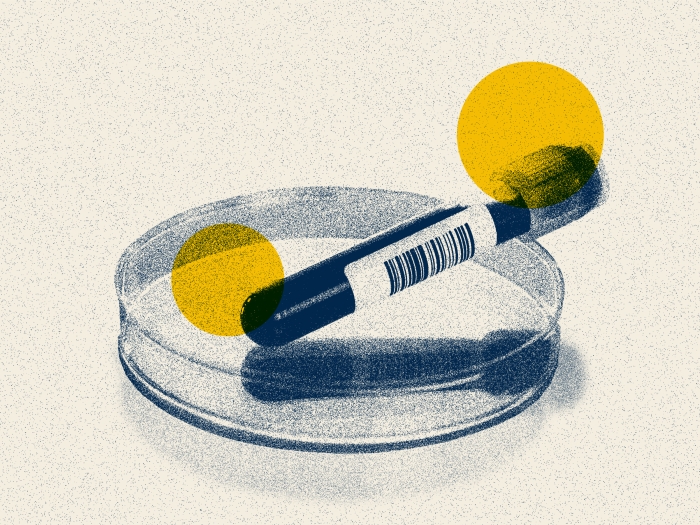ALS didn’t keep a man from his lifelong passion for producing music
11:10 AM
Author |

A dream-like synth opens the song, as a warmer electric piano provides a complimentary counterpoint line. When the beat arrives, instruments begin to drop out. During these breakdowns, the imaginative “830a” feels like a conversation, almost as if the music is underscoring the listener’s thoughts.
Music flowed through Jordan Weston at a young age. His parents played Al Green and Lauryn Hill while they would clean the house; all his father’s cars had upgraded sound systems.
On a black-and-blue Yamaha keyboard, Weston’s cousin, James, wrote songs while a teenage Jordan watched.
“He started teaching me how to add instruments together to make a song,” said Weston, 32, who lives in Ypsilanti, Mich. “After that, I pretty much took from there.”
Weston began making his own music using a program called FL Studio. For 17 years, he messed around on the keyboard; building lush, layered songs that crossed genres: jazz, trap, emo – what he calls “freestyle.”
In 2018, Weston noticed a twitch in his left arm. When he worked out, the arm would tire faster than his right. Soon, he could no longer curl a 10-pound weight. The diagnosis of amyotrophic lateral sclerosis, a fatal and progressive neurodegenerative condition known commonly as ALS, came in June 2018.
“I felt sad and confused and scared,” Weston said. “I just had a blank mind for a while knowing I would lose my ability to move. It got harder and harder to make music as I lost the ability to use my hands.”
The Centers of Disease Control and Prevention estimates that almost 10 in 100,000 Americans have ALS. No treatment currently exists to stop or reverse the disease.
Weston found a way to continue his musical journey with a QuadStick, a hands-free controller powered by the user blowing into a tube. But when a tracheostomy got in the way of using his mouth, he found another way to produce.
Through a sensor bar on his tablet, the tobii dynavox I-16 tracks Weston’s eye movements, allowing him to control the music software and build out his songs. He posts some of his music to a YouTube channel.

“Making music has been something Jordan has done practically since I’ve known him, which was in high school,” said Tiffany Weston, Jordan’s wife. “I’m grateful that he is able to continue to do something to express his creativity. We enjoy hearing the music he makes throughout our home. Even our children hum the tunes while he’s creating.”
Weston has been a patient at Michigan Medicine’s Pranger ALS Clinic since his diagnosis, where he receives regular multidisciplinary care. As his mobility declines, Weston has relied more on virtual care.
"The ingenuity of people living with ALS always amazes me,” said Stephen Goutman, M.D., M.S., a neurologist and director of the Pranger ALS Clinic at University of Michigan Health.
“Even in the face of this difficult illness, individuals with ALS redefine what it means to live and find quality in very personal ways. Jordan’s love of music provides a channel for his creativity and imagination. It also teaches us to appreciate our abilities and to be creative. There are so many ways technology can be applied to improve the quality of life for our patients.”
Music is one way Weston stays busy, in addition to watching television and helping others when he has useful knowledge. Family and friends, Weston says, have been very supportive — but he knows others experience the harshness of ALS with fewer resources.
“Some people may just look at the name and think nothing of it,” Weston said. “People don't realize how it feels to have your own body take away your ability to move and do the stuff you used to. A lot of people take for granted what they can do. And people going through ALS need emotional and physical support. Having support can soften the intensity of what families go through when dealing with ALS.”
Live your healthiest life: Get tips from top experts weekly. Subscribe to the Michigan Health blog newsletter
Headlines from the frontlines: The power of scientific discovery harnessed and delivered to your inbox every week. Subscribe to the Michigan Health Lab blog newsletter
Like Podcasts? Add the Michigan Medicine News Break on Spotify, Apple Podcasts or anywhere you listen to podcasts

Explore a variety of health care news & stories by visiting the Health Lab home page for more articles.

Department of Communication at Michigan Medicine
Want top health & research news weekly? Sign up for Health Lab’s newsletters today!





